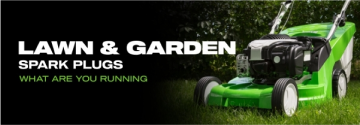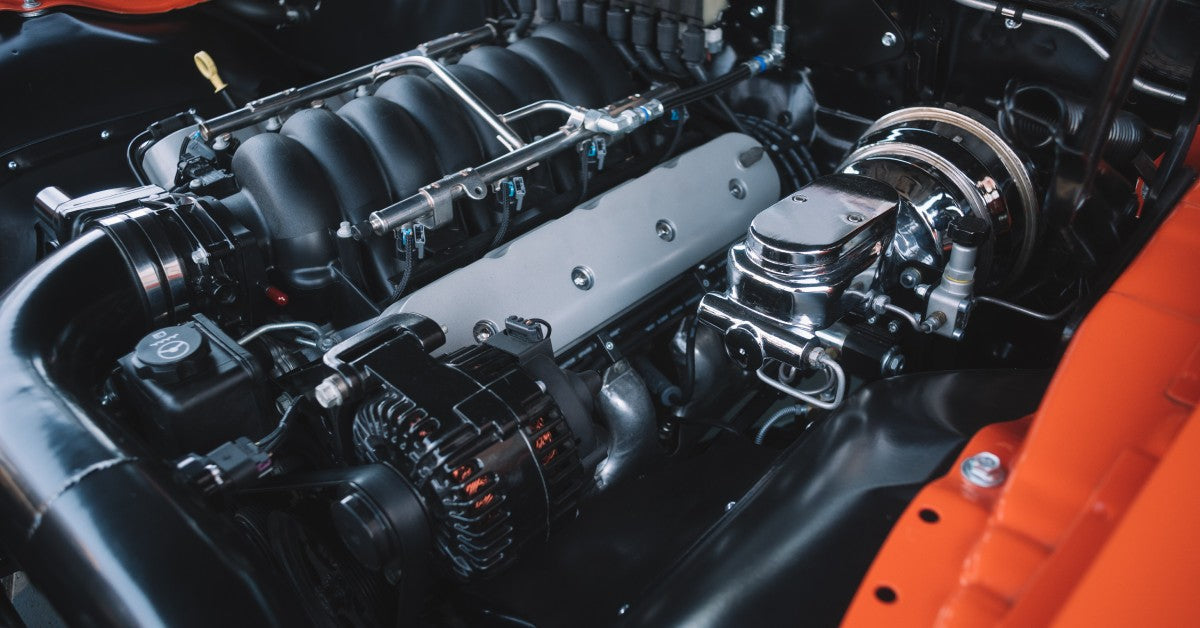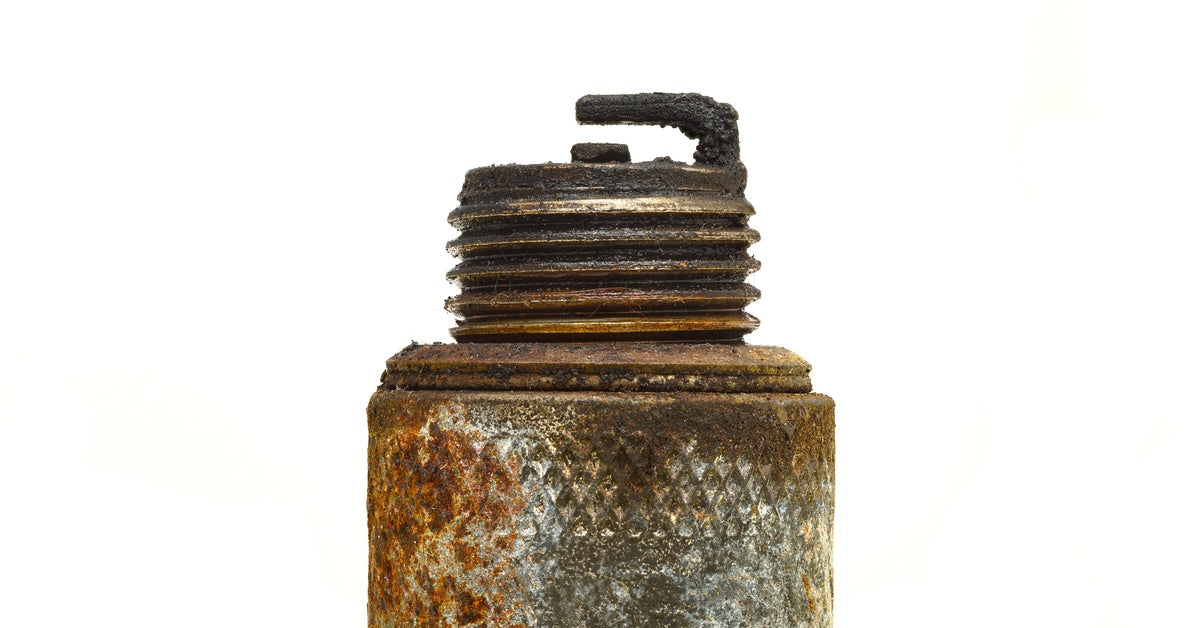
According to a recent study by the American Automobile Association, AAA, there is absolutely no benefit in using premium fuel in a vehicle that only requires regular. Today nearly 16.5 million drivers in the U.S. use premium gasoline in non-performance vehicles, literally wasting their money needlessly. On average a gallon of premium costs 18% more than regular. Multiply that over the course of a year, per driver, per vehicle, and we're talking billions of dollars (nearly $2.1 billion in 2015).
The researchers behind the study tested 87 octane and 93 octane fuel in various makes and models of non-performance vehicles. These cars and trucks were graded on performance, emissions, and fuel economy. The results were clear, there was absolutely no benefit in using the higher octane gasoline. “Drivers see the ‘premium’ name at the pump and may assume the fuel is better for their vehicle,” said John Nielsen, AAA’s managing director of Automotive Engineering and Repair, “premium gasoline is higher octane, not higher quality.”
This test was conducted on four, six, and eight cylinder engines which were designed to use regular-grade gasoline. These types of vehicles make up 70% of the cars on the road in the U.S. today. "There's a good portion of vehicles that actually require premium fuel based on their engine design," says Greg Brannon, AAA's Director of Automotive Engineering. "Open that owner's manual, the most informative and most unread piece of documentation relevant to your car," says Brannon. "Understand what type of fuel that your vehicle requires and follow those recommendations."
Even more interesting is that the study found that using "Top Tier" fuel (a standard set by gas retailers and automakers) can result in "19 times fewer engine deposits, increase vehicle performance, and improve fuel economy," even at low octane.
So, before you reach for the pump next time, reach in your glove box and see what kind of gas your car needs. There's no reason to burn your money on unnecessarily high octane fuel.







